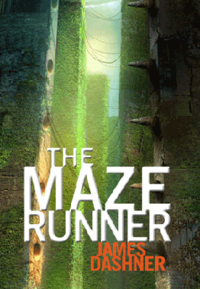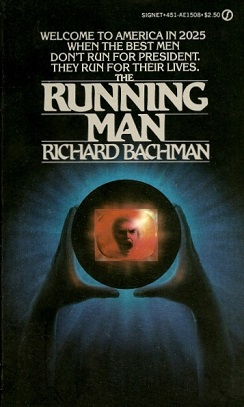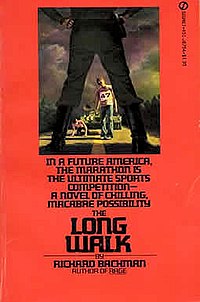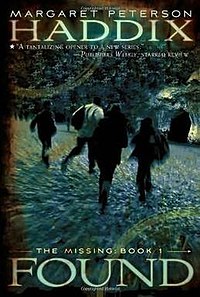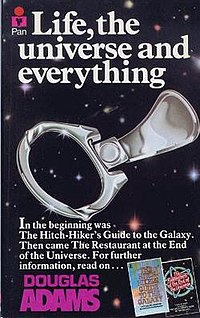 Life, the Universe and Everything by Douglas Adams
Life, the Universe and Everything by Douglas AdamsPan Books - 1982
160 pages
The unhappy inhabitants of planet Krikkit are sick of looking at the night sky above their heads--so they plan to destroy it. The universe, that is. Now only five individuals stand between the killer robots of Krikkit and their goal of total annihilation.
They are Arthur Dent, a mild-mannered space and time traveler who tries to learn how to fly by throwing himself at the ground and missing; Ford Prefect, his best friend, who decides to go insane to see if he likes it; Slartibartfast, the indomitable vice president of the Campaign for Real Time, who travels in a ship powered by irrational behavior; Zaphod Beeblebrox, the two-headed, three-armed ex-president of the galaxy; and Trillian, the space cadet who is torn between a persistent thunder god and a very depressed Beeblebrox.
How will it all end? Will it end? Only this stalwart crew knows as they try to avert "universal" Armageddon and save life as we know it--and don't know it!
This one is different than the other two. The plot is about Armageddon by the robots of Krikkit from the beginning to end. It ambles in the middle, but ultimately it sticks with one plot the whole way through, which saves a lot of trouble.
The book took me only a couple of days to read, but it makes it difficult to review. Unlike most series that have wild ups and downs (The Last Werewolf trilogy), the Hitchhiker's "trilogy" stays more and more consistent.
Grade: A-
.jpg)





